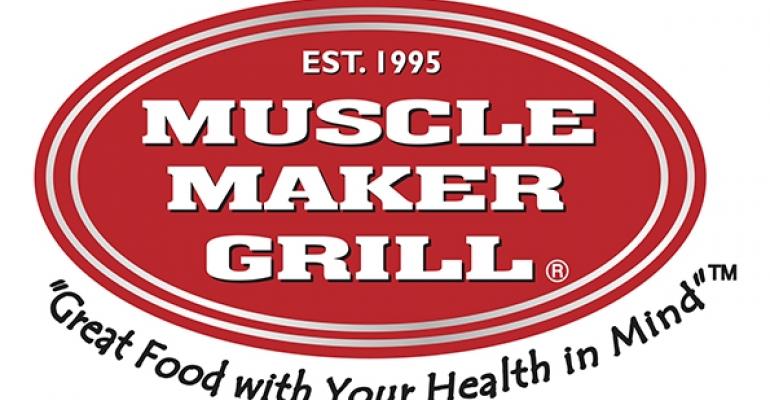 This post is part of the On the Margin blog.
This post is part of the On the Margin blog.
Muscle Maker Grill is looking for a lifeline from investors — public investors.
On Thursday, the Houston-based fast-casual chain said it is planning to launch a Regulation A+ initial public offering, or “mini-IPO.” It’s the latest restaurant chain taking advantage of new rules designed to enable smaller companies to raise money from their customers and other investors.
But in this IPO has one, big caveat: The company’s auditors believe there is “substantial doubt” about its ability to keep operating.
“We anticipate that we will continue to report losses and negative cash flow,” the company said in its filing. “As a result of these net losses and cash flow deficits” the company’s auditors “indicated there is substantial doubt about our ability to continue as a going concern.”
The IPO, it seems, is an effort to keep the company afloat. The filing indicates that if efforts to sell stock to investors are unsuccessful, “we may be required to reduce or eliminate our operations.”
The company did not immediately respond to a request for comment.
Under Regulation A+, companies can raise smaller amounts of money from smaller investors and can advertise their IPO to customers. It’s designed to help smaller companies that frequently can’t get attention from large, institutional investors raise money by enabling them to tap customers.
That’s viewed as a potentially big source of financing for restaurants that have high capital needs and a lot of customers. And, indeed, restaurants have jumped right in: Fatburger’s owner, Fat Brands LLC, as well as the food-focused movie theater chain iPic Entertainment have both said they plan to do mini-IPOs.
Muscle Maker is a fast-casual health-food chain that serves chicken, seafood, pasta, wraps and salads along with smoothies, protein shakes and supplements. The chain has 53 locations in 12 states. Franchisees own 41 of the locations.
Perhaps its biggest claim to fame came last year when its founder, Rod Silva, ran for president under the “Nutrition Party.”
The owner of Muscle Maker Grill wants to raise nearly $20 million to fund growth and for “general corporate purposes” by selling stock to investors — including customers of the chain’s restaurants — at about $6 per share.
Company revenue increased 60 percent to about $5 million last year, according to the filing.
Yet expenses grew faster, and the company has “a history of operating losses.”
The company reported a net loss of $4.2 million last year, and negative operating cash flow of $2.1 million, and an accumulated deficit of $3.9 million. Total revenues were just shy of $5 million.
Those losses prompted the “going concern” warning at the top of the chain’s list of risk factors — risks all companies must list on IPO and other documents so investors know what they might be getting into.
It’s not uncommon for companies to go public with years of operating losses. It’s also not uncommon for struggling companies in danger of going out of business to seek a lifeline from investors.
But we have never seen “going concern” doubts expressed in IPO documents before.
According to filings, Muscle Maker has helped fund its operations primarily through funds from parent company American Restaurant Holdings, in the form of both equity and debt.
“If we are unable to generate adequate cash from operations, and if we are unable to find sources of funding, it may be necessary for us to sell one or more lines of business or all or a portion of our assets, enter into a business combination, or reduce or eliminate operations,” the company said in its filing.
Jonathan Maze, Nation’s Restaurant News senior financial editor, does not directly own stock or interest in a restaurant company.
Contact Jonathan Maze at [email protected]
Follow him on Twitter at @jonathanmaze

